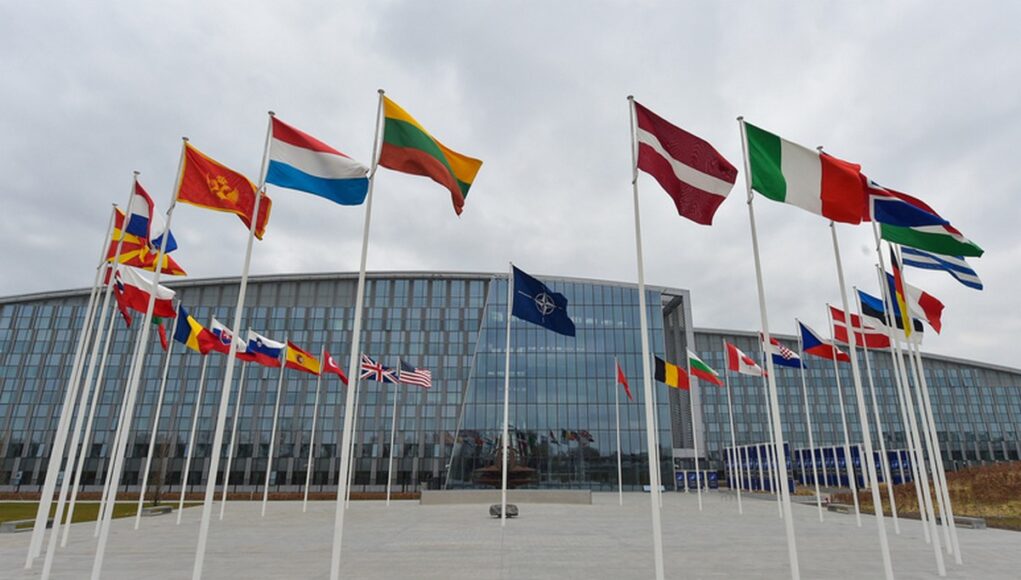The Ministry of Defence (MoD) has clarified its stance on defence policy concerning European Union (EU) initiatives, including the EU Single Intelligence and Analysis Capacity, the projected EU Rapid Deployment Capacity, and the planned EU Military Planning and Conduct Capability.
Responding to parliamentary questions, Luke Pollard, Parliamentary Under-Secretary at the MoD, stated:
“We want a new geopolitical partnership with the EU that drives closer coordination and that complements our unshakable commitment to NATO, which will remain the foremost vehicle for European security. We want this new partnership to formalise our exchanges on a full range of foreign policy and security issues, enhancing how we work together on international crisis response, strengthening joint work on multilateral and global issues, and building our defence relationship including consultations on respective defence initiatives and defence industry matters.”
UK Position on Article 42(7) of the Treaty on European Union
Pollard also addressed concerns regarding potential UK obligations stemming from the EU’s mutual defence clause, Article 42(7) of the Treaty on European Union.
This article obligates EU member states to assist each other in the event of an armed attack on their territory. Pollard clarified:
“Since leaving the EU, there are no legacy UK obligations to respond to a trigger of Article 42(7). NATO is the cornerstone of European defence. NATO Article 5 is the ultimate guarantor of all Allies’ ability to live freely and build a secure, more prosperous future for their people. An armed attack against one Ally is considered an attack against all. This principle binds NATO’s members together in a spirit of solidarity, committing them to protect each other. Our commitment to Article 5 is real, strong, and unbreakable.”
The MoD’s responses underscore the UK’s unwavering focus on NATO as the primary framework for European and transatlantic security. The emphasis on NATO reflects a strategic choice to prioritise a collective defence approach involving both North American and European allies, rather than aligning directly with EU-specific military mechanisms.














that’s a given, you’ve left the EU…it just so happens that most of NATO is comprised of EU members…
So the question should never have arisen at all!
Technically the implication is that we have no mutual defence obligations w.r.t Austria, Cyprus, Ireland or Malta. Of course most of those are geographically surrounded or contiguous with NATO member states.
Hi Ian, The UK is a guarantor power for Cyprus post-colonialism. That may have a Defence connotation.
makes no difference as long as when the fan is that nations can stick together in a common cause a European armed forces is the way to go and show the arrogance that comes across the Atlantic is sidelined and not as it would expect to be able to run the show. American arrogance towards the little nations in Europe. should be put in it’s place by a united European force that doesn’t need them as much as they think we do. th RAF bases rented by them should be put on notice that a European air force will be taking them back over and that they can go home . tell the arrogant trump and his ill informed sidekicks thanks for the help. but you can get back to the north Americas , as they’re unlikely to be needed here.
This was an obvious conclusion as we’ve left the EU but remain a European country and member of NATO.
Having closer ties to Europe is required but we should not be signing defence agreements within the EU framework. Security and defence come as part of the NATO members treaty
Is this part of the PESCO joint venture?